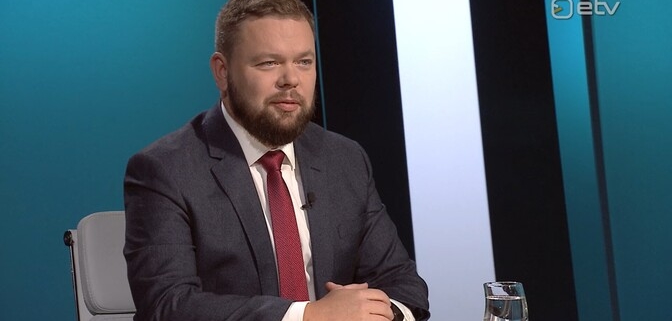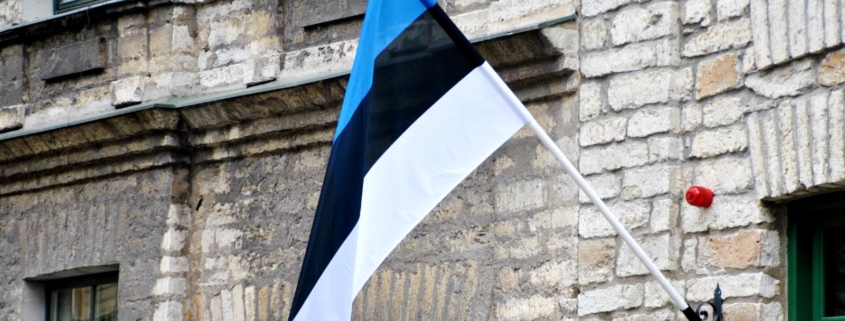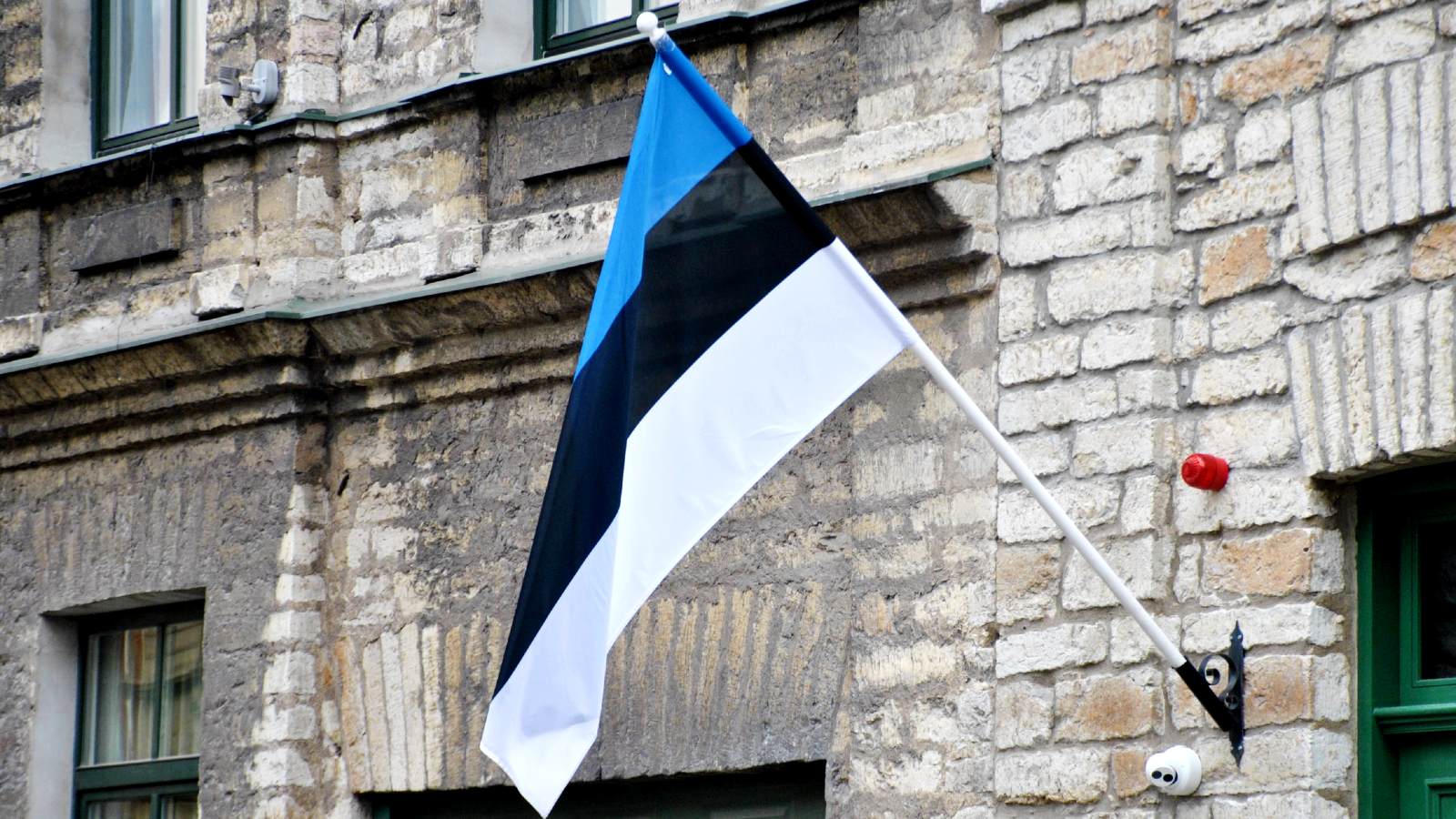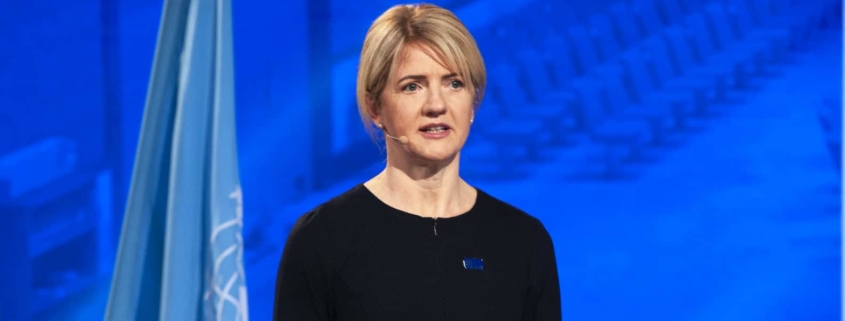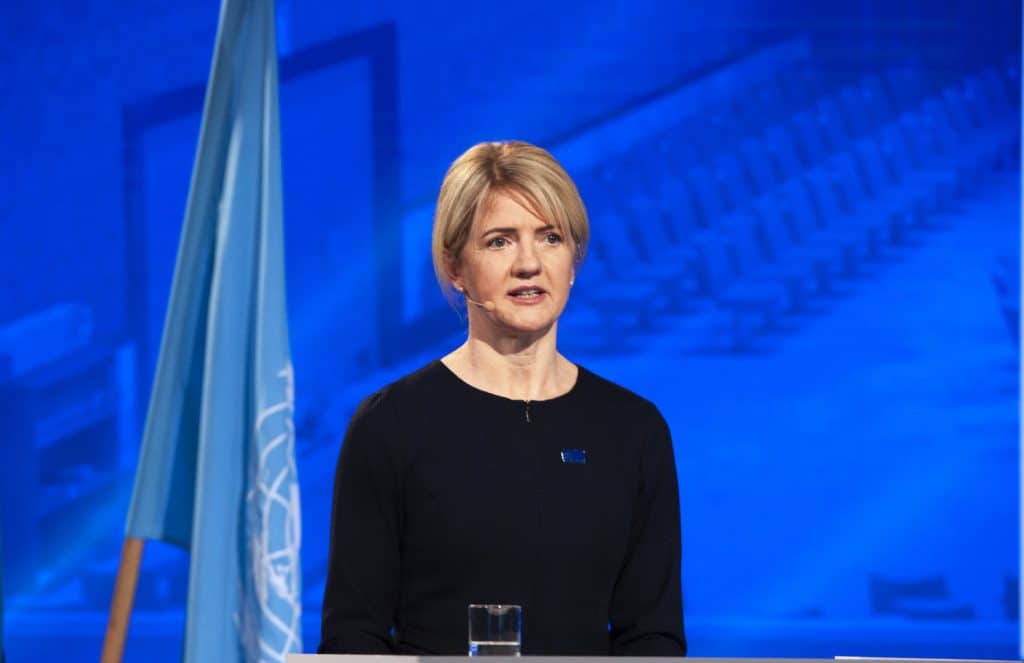Kaimar Karu: Estonia deserves better from the presidential election | Opinion
Even though the President of Estonia has no political power, the compatibility of the person’s political views with those of the party is of high importance for all five party leaders. This has increased relevance in the light of the local elections coming up later this year. The pronoun in “our president” could easily be misunderstood for that of the party, rather than the nation’s people.
Estonia’s constitution is very clear on the president’s responsibilities within our parliamentary democracy. None of these is dependent on the person’s political views, yet, the last five years have changed the public’s perception of the role, and this, in combination with fond memories of the first post-soviet president, Lennart Meri, has created an incompatible set of requirements for the next president.
The role could be unnecessary, but it is definitely needed. The person should be like our current president, but not at all like our current president. They should be apolitical, but definitely an active politician. They should unite, but definitely take sides. They should be smart, but not smarter. They should be older, but definitely young. The role belongs to a woman, but definitely not a woman etc.
It is difficult to imagine a person active in politics today, fighting for their party’s policies and against those from other parties representing roughly 80 percent of the voters, not always with the kindest of words, suddenly abandoning their raison d’être and becoming a party-agnostic, policy-agnostic promoter of common principles and decency over partisanship and one true answer to everything.
Before setting the selection criteria and definitely before speculating with any names, it would be good to think about what the country needs. What are the challenges Estonia and its people have to deal with in the coming years, considering our geopolitical position, threats and opportunities? We need to discuss how the head of state, in their international and domestic roles, can help achieve our objectives and mitigate risks. The role of the president is an active one, rather than a political trophy.
Those discussions, if happening, have gone unnoticed by the general public this time.
Again and again,…
